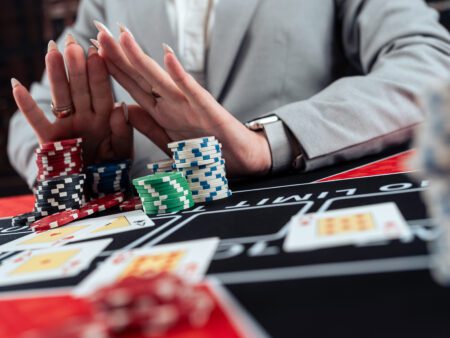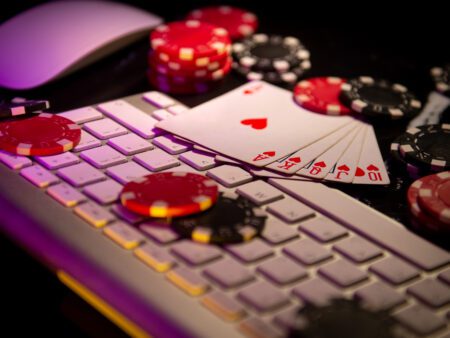Discover how psychology can empower your gambling experience. Master your emotions, build self-confidence, and learn the vital art of self-control in gambling.
Mastering Emotions in Gambling: A Guide to Self-Control
Gambling is not just about luck or strategy; it’s also a psychological game. Whether you’re an occasional player or a seasoned pro, emotions can play a crucial role in your gambling experience. Knowing how to manage your emotions, maintain self-confidence, and practice self-control can significantly impact your decisions and results.
Understanding the Role of Emotions in Gambling
The thrill of the game, the anticipation of the next move, the exhilaration of a win, the disappointment of a loss – emotions run high in the world of gambling. These emotions can drive us, but they can also cloud our judgement, leading us to make impulsive decisions. Understanding these emotions is the first step towards managing them effectively.
When we win, we experience a rush of positive emotions, which can make us overconfident. This might lead us to take bigger risks in the hope of bigger wins. On the other hand, a loss can induce feelings of frustration and desperation, prompting us to chase losses in an attempt to recoup.
Mastering Your Emotions
To master your emotions, start by acknowledging them. Recognize when you’re feeling overconfident or frustrated, and remind yourself that these emotions can skew your perception. Develop a pre-planned strategy for your gambling and stick to it, regardless of the emotions you’re experiencing.
A useful technique is to practice mindfulness. Stay present and focused on the game at hand, rather than getting swept up in thoughts of wins or losses. This can help keep your emotions in check and your decisions rational.
Building Self-Confidence
Self-confidence is an essential trait for a gambler, but it’s important to ensure that it’s rooted in reality. Realistic self-confidence comes from understanding the game, knowing your strategy, and acknowledging both your wins and your losses.
Building your knowledge and skills can naturally boost your self-confidence. Understand the rules and strategies of the games you play, and keep learning and improving. Accept losses as learning opportunities and wins as validation of your strategy, not just good fortune.
Cultivating Self-Control
Self-control is perhaps the most vital aspect of gambling psychology. It’s what allows you to walk away when the time is right, and it’s what keeps your gambling fun and safe.
Set limits for yourself – decide beforehand how much you’re willing to spend and how long you’re going to play, and stick to those limits. Don’t be tempted to chase losses or to keep playing when you’ve hit your win goal.
Also, remember that gambling is a form of entertainment, not a way to make money. Keep your expectations realistic, and don’t let gambling become a need or an obsession.
Responsible Gambling and Seeking Help
Responsible gambling is a must. If you find that you’re struggling to control your gambling behaviour, don’t hesitate to seek help. Many organizations offer resources and support for people who may be dealing with problem gambling.
In conclusion, understanding and mastering your emotions, fostering healthy self-confidence, and practicing self-control are key to enjoying your gambling experience. Remember, the psychological aspect of gambling is just as important as the game itself. So, harness these tools, and you’ll not only be a more informed gambler, but you’ll also enjoy the journey a whole lot more.










